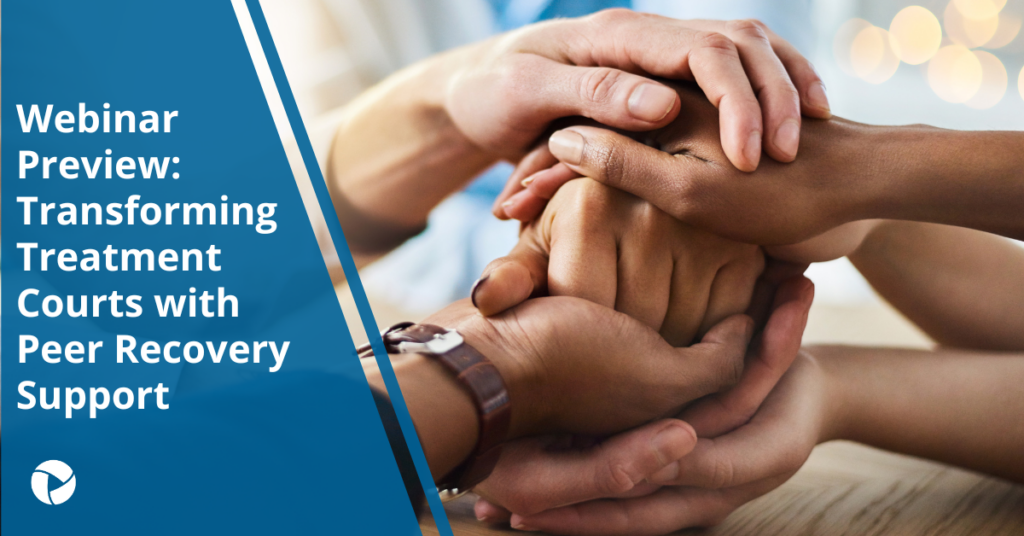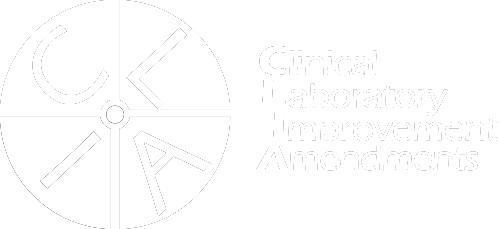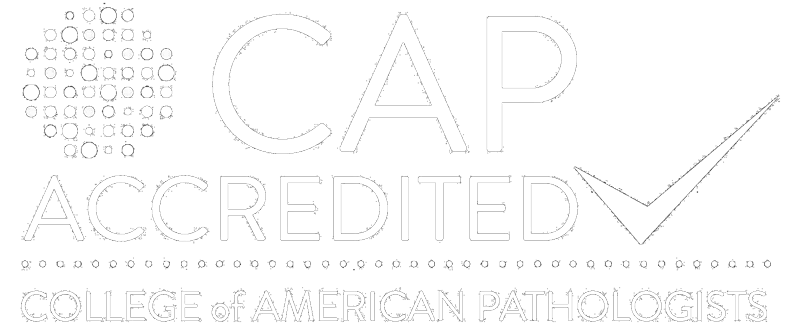Support from other people is fundamental to any recovery process. Achieving certain goals on our own can feel impossible, so we rely on the connection, accountability, and encouragement of others.
Peer Recovery Support Specialists are professionals who provide strength-based, wellness-focused, and trauma-informed supportive care to help those in recovery regain a sense of agency over their lives.
They utilize skills such as advocacy, community-building, policy education, and resource sharing to empower people to become – and stay – engaged with their recovery process.
Averhealth’s upcoming webinar on August 9at 2 p.m. ET will showcase the successful implementation of Peer Recovery Support Services and the positive impact felt by the Massachusetts Court System.
When you join our webinar, you will hear from members of the Massachusetts Peer Recovery Support Services team about the value of creating recovery-oriented systems of care that employ community-based services to improve the lives of individuals affected by substance use disorder, their families, and communities.
They will also share about the relationship Peer Recovery Coaches have with clinicians, supervision officers, and treatment court teams, and discuss the overall impact on judicial decision making.
More about Peer Recovery Support Specialists
To help set the stage for the next Averhealth webinar, let’s learn more about Peer Recovery Support Specialists.
Peer Recovery Specialists use either their professional knowledge or personal lived experience with addiction recovery to offer guidance to those who are just beginning their own road to recovery.
Recovery Coaches are usually paid professionals, often with a background in social work or counseling, while Peer Support Specialists are individuals who are trained to use their lived experience to provide support to others in recovery, often as volunteer work. Both roles work under the umbrella of Peer Recovery Support Services, helping individuals achieve personal goals, develop a supportive network, and navigate their recovery process.
Peer Recovery Support is an evidence-based, cost-effective practice with many support centers running almost entirely on volunteers. The peer perspective is also significant to the continued growth of treatment court programs. Peer Recovery Support Services are increasingly offered across diverse communities, criminal justice, and healthcare settings to address a range of substance use disorders.
Certification and Training
Core competency training is required for Peer Recovery Specialists to qualify for the role. The training educates future peers on topics such as the ethics and boundaries of their work, understanding how to utilize self-care and self-management to cope with challenges in their work, and developing group problem-solving and facilitation skills. Peers in treatments courts have additional competencies that cover the impact of incarceration culture on behavior and the impact of trauma on community reintegration.
Certification training provides Peer Support Specialists with a solid foundation for supporting people in recovery, but continued growth and education in the field comes from organizational support and expert peer supervision. Peer support brings a recovery-oriented service philosophy to the criminal justice system and is proven to improve behavioral health outcomes.
Join us for this webinar to learn more about how Peer Recovery Support Services are transforming treatment courts – and can contribute to your success.
Sign up today to join us on August 9th at 2:00 PM at the link here.



